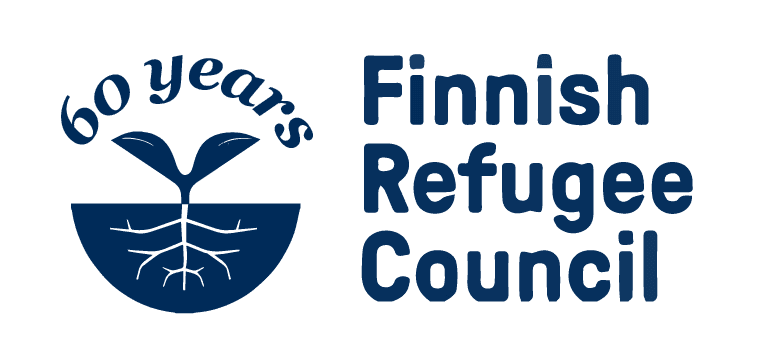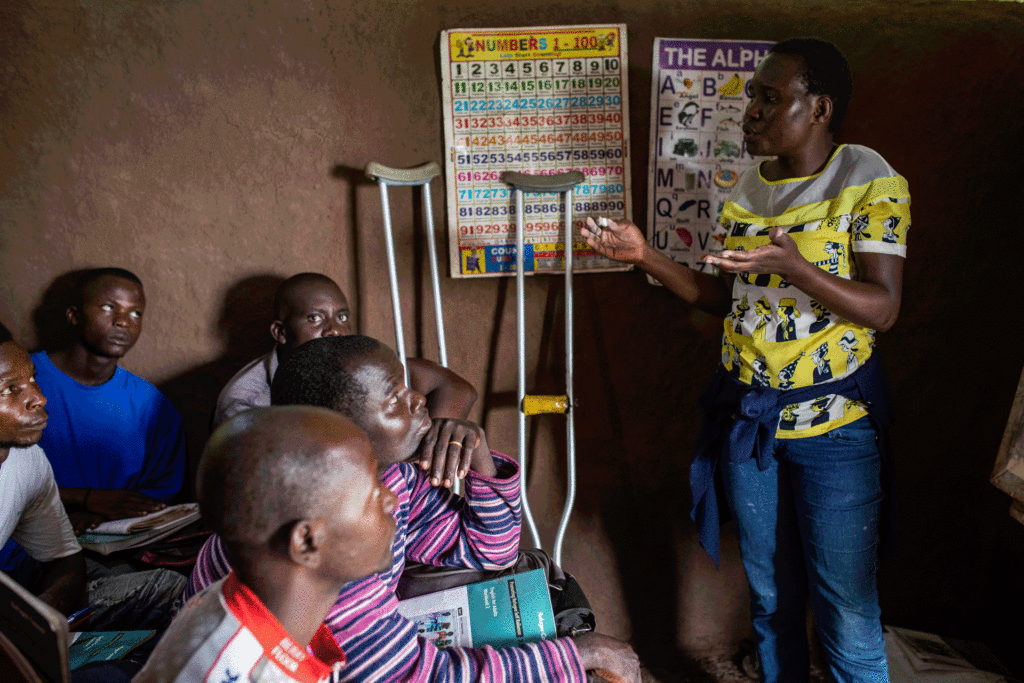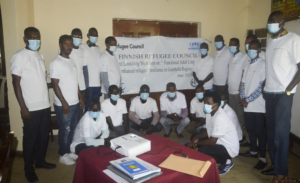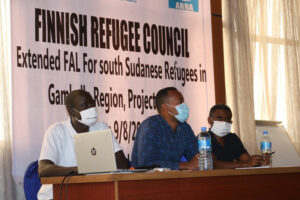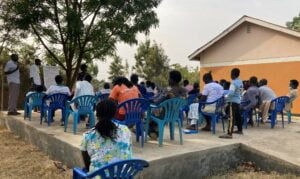According to World Health Organization (WHO), around 7-10 percent of the world’s population are disabled. Within the refugee population, the amount is even higher: out of 79,5 million forcible displaced people, 5,5-8 million are also disabled.
“Persons with disabilities include those who have long-term physical, mental, intellectual or sensory impairments, which in interaction with various attitudinal and environmental barriers hinder their full participation in society on an equal basis with others”, says UN’s definition of disability.
Most disabled refugees are not born with their disabilities. Living in the middle of war and conflicts and fleeing from them can often result in physical and mental disabilities such as amputations caused by mines. Mental traumas can often occur through anxiety, depression, or inability to focus.
Health care is often insufficient in the middle of conflicts, which also affects the number of refugees with disabilities. Without proper medication or care illnesses and wounds like diabetes or infections may result in permanent damages. With no vaccination available, many children go through polio and the disabilities caused by it.
Finnish Refugee Council’s operations are justice-based. This means following and advancing the rights of disabled refugees. We aim to diminish and remove various obstacles so that disabled refugees can participate in their communities and get an education. In practice, removing obstacles can mean things like widening the doors and windows, putting participants with a weaker vision to sit in the front row, and enlarging the font size of books.
Another important way to improve the participation possibilities of the disabled refugees is educating and training our staff, community, and families. Education increases knowledge and helps to remove prejudices and stigmas that are sometimes linked to disability in some cultures. Inclusivity and disability are also some of the themes in the training that the Finnish Refugee Council organises.
Besides the skills such as literacy and numeracy skills, Finnish Refugee Council provides many other benefits for the course participants. With studying, refugees suffering from traumas and posttraumatic stress resulting from fleeing find relief and a new path for their lives. Sharing experiences with other refugees increases the quality of life and helps them to connect with their community, which increases their social and psychological wellbeing.
Disabled refugees have a lot to give back to the communality and other participants. In Ethiopia, we have had a disabled person educating our counselors, which has been noticed to be the most efficient to improve the understanding of the staff.
Read more information on our international operations in Uganda, Myanmar, and Ethiopia.
